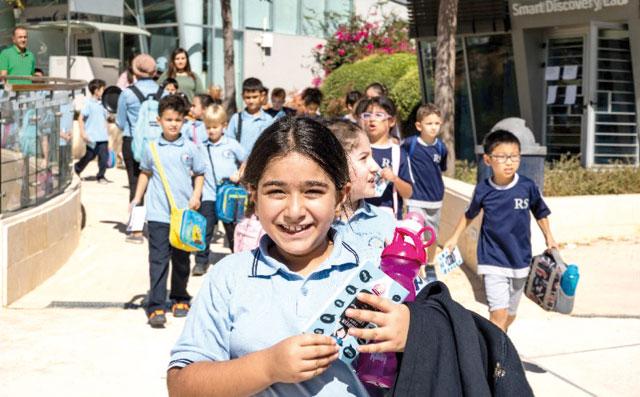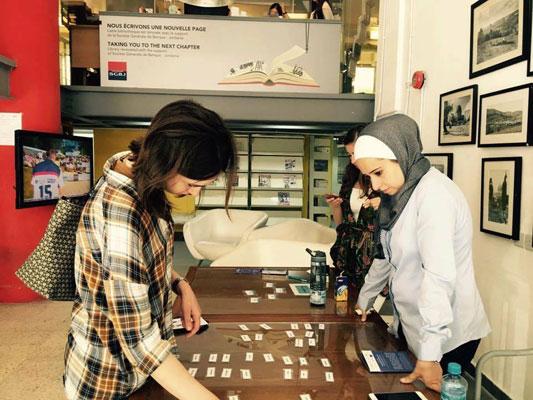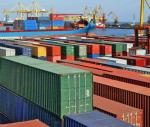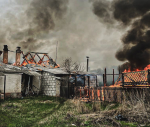You are here
European ‘mosaic of languages’ celebrated in Amman
By Camille Dupire - Dec 05,2017 - Last updated at Dec 05,2017

Children participate in language learning activities at Haya Cultural Centre on Saturday (Photo courtesy of European Film Festival 2017)
AMMAN — “Seven thousand languages are spoken across the globe with Europe counting 23 official languages. Being able to speak several languages provides individuals with a clear competitive advantage with regards to education, employment and personal development,” said Stephane Delaporte, director of the French Institute in Amman (IFJ).
His remark came during the European Day of Languages celebrated earlier this week as part of the European Film Festival 2017 which saw the attendance of over 700 people of all ages.
Organised by the European Union National Institutes for Culture (EUNIC) and the EU Delegation in Jordan on the last day of the festival, the event showcased a number of interactive cultural activities held by the five main European cultural centres in Amman to promote the “rich mosaic” of European languages in Jordan.
“Languages are the mirror of cultural identities; diversity, multiplicity and variety are still important values to us. Europe is rich in languages and this is an important resource to be recognised, used and cherished,” said Maria Rosaria Papa, president of the Societa Dante Alighieri.
The Italian Institute was present at the event, alongside the IFJ, the Instituto Cervantes, the Goethe Institute and the British Council, offering participants aged 10 years and older the chance to learn in a fun and creative way.
“Language learning always brings benefits to young people and opens up new opportunities for them,” Rosaria Papa said, noting that her institute conducted a session of story reading by Jordanian-Palestinian writer Suzanne Ghawi, who recently translated Italian stories into Arabic.
Provided with a language passport at the beginning of the event, young learners skimmed through the various stalls, getting a peak into foreign cultures through music, arts and crafts, cooking lessons and various games, which gave them the chance to win several prizes during the afternoon quizzes.
“All languages are the reflection of a countrty’s cultural diversity; the richness of cultural exchange relies on languages, especially in light of the heightened migrations and the importance of global communication nowadays,” said Antonio Lázaro Gozalo, director of Instituto Cervantes which organised Spanish classes, games and quizzes on the Hispanic culture.
The Goethe Institute, along with representatives of Switzerland, held cooking sessions for the children while a “Meet the Diplomats” roundtable allowed them to interact with officials and cultural attaches who gave them insights into the European culture and institutions.
A guest at this year’s event in light of its recent membership in the EUNIC network, Belgium held a joint activity with the IFJ, around their common culture of comics.
“We are delighted to see the success of this year’s event, which gave us the opportunity to make people discover more about the European culture through its languages. We worked really hard to set up an inclusive event, which saw the participations of children from all backgrounds and nationalities,” said Gaelle Sundelin, EUNIC project manager.
Launched by the Council of Europe in 2001 to encourage language-learning, the European Day of Languages is an annual event celebrated globally. It aims to raise awareness of the importance of languages and to show how knowledge of multiple languages increases intercultural understanding, according to its website.
Related Articles
AMMAN — Even if you only speak a few words, learning a foreign language is a great tool to get closer to each other and the European Day of
AMMAN — Jordanians celebrated the European Day of Languages on Saturday, with events featuring music, stories, quizzes and interactive games
AMMAN — In its 27th iteration, the European Film Festival is focusing on children and young people to attract a wider audience to its screen

















